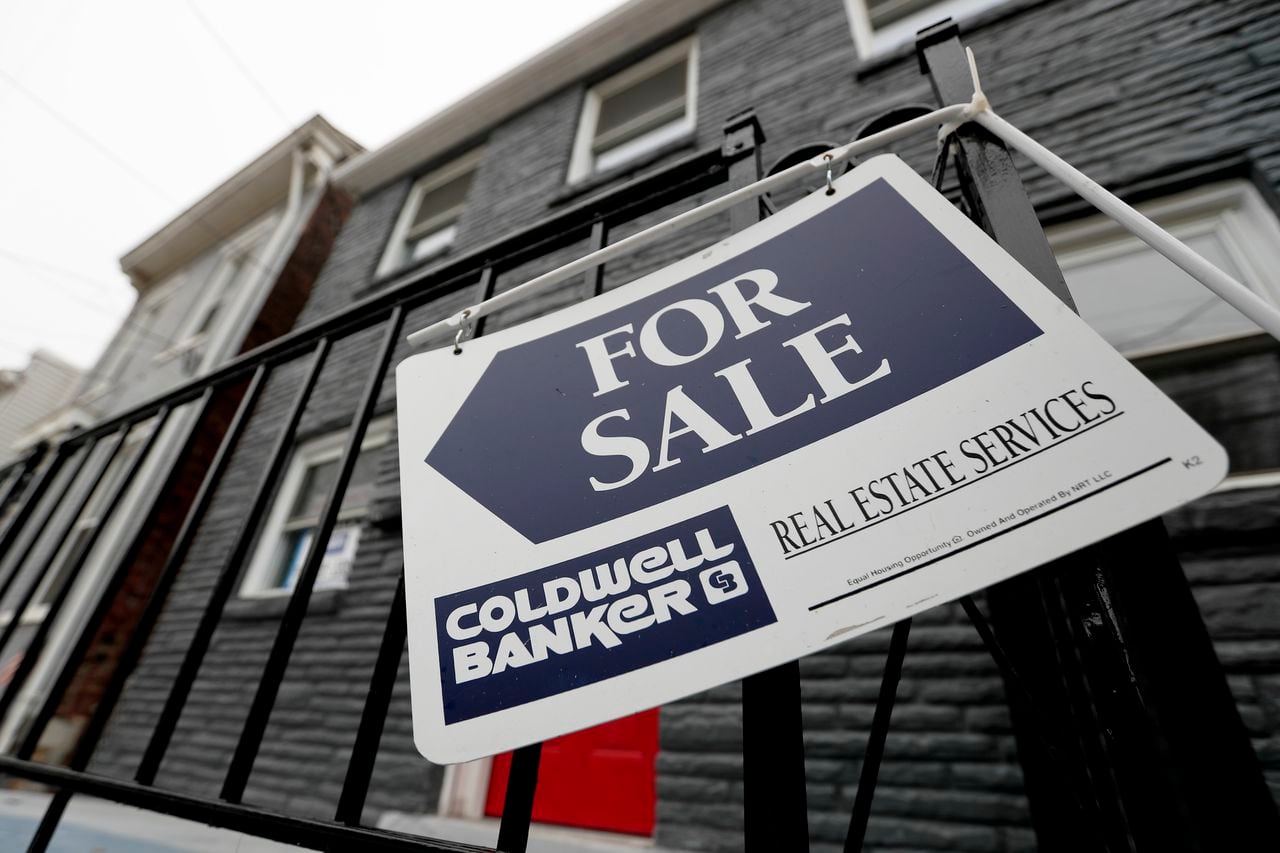
The question was a simple one: “30Somethings of [Boston] are you guys struggling to live life?”
The answers to the query posed on the r/Boston subReddit earlier this week by a user calling themselves Politician91, however, were anything but.
In fact, the anger and frustration practically leaped off the page — starting with Politician91 themselves.
“Talking with my girlfriend, we are at a tipping point stress-wise. No matter what we do, it seems like finances are getting impossible to deal with,” they wrote. “I am in a successful job making 6-figures, and we are talking about postponing having kids so that we can afford life. I know is it doesn’t necessarily solve the problem, but are you all having the same feelings right now?”
It only boiled over from there.
“I mean it f**king sucks that my wife and I make the money we do and still can’t afford to buy a house around here,” a Reddit user named Pepper2525 wrote. “Old s**tholes selling for a million f**king dollars. Doesn’t help that daycare is the most expensive in the country. It’s absolute insanity right now.”
Another, who called themselves Spok3nTruth, chimed in: “[H]aving [my] first kid in [May] and man, seeing how we’d have to add 2k+ to our budget monthly sucks, especially while trying to save for a downpayment. Honestly seeing how things go rest of the year. And if [it’s] rough, [I’m] moving back home. Love MA but it’s too damn high of a cost,” they wrote.
And this, from a user named lil_jilm: “We basically gave up on daycare and my husband stays home with the kid,” they wrote. “[A]ctually ended up being the most affordable option with tons of benefits and also sacrifices. Would be nice to make the decision out of best interests rather than necessity.”
You don’t have to go far on Beacon Hill these days to run into someone who will tell you that the twin storms of affordability and supply that’s driving Massachusetts’ housing crisis is the most “urgent” policy challenge facing state lawmakers and the Democratic Healey administration this year.
“I feel the pain that people who are trying to rent feel, that people who are trying to buy homes feel. And you know, this is why … it’s a top priority for our administration,” Healey told MassLive during an interview at her State House office last December.
In a statement to MassLive, Senate President Karen Spilka, D-Middlesex/Norfolk, offered a similar sentiment through a spokesperson, saying that “solving our Commonwealth’s housing crisis is one of the most important issues our Commonwealth faces today and one that the Senate President is committed to addressing.
“This session, the Senate has passed, and [Healey] has signed, legislation expanding production of low-income housing and housing in Gateway communities, and reforming our laws to prevent unnecessary evictions,” the statement continued.
But five months after Healey rolled out a $4.12 billion housing bond bill that aims to create as many as 40,000 new homes, state lawmakers have held just one public hearing on the proposal.
And on Tuesday, as business resumed at the State House during a holiday-shortened week, it was not immediately clear when the bill might get an actual vote. And if there was a sense of urgency, it was not in evidence Tuesday, with the State House largely empty and silent.
In the statement to MassLive, Spilka’s office said Healey’s housing code proposal will “continue to go through the legislative process, and we look forward to working with the administration to continue to address our housing challenges head on.”
In the one town where residents were given the choice of turning the tide, suburban Milton, voters soundly rejected a plan that would have increased the community’s supply of affordable, multifamily housing. And they did it knowing they could risk state funding as a consequence.
By the numbers
The debate here is far from merely intellectual. The numbers are vertigo-inducing.
Massachusetts was the fifth-most expensive state for housing in the nation at the end of last year, according to Forbes. The median price for a home, statewide, was $550,000 in 2022, rising to $570,000 in 2023, according to WBZ-TV.
In Greater Boston, the median price rose from $695,000 in 2022 to $715,000 in 2023, the station reported.
A two-bedroom, two-bathroom condominium, at 1,328 square feet, in Salem, a 50-minute drive out of the capital city, recently was listed for $499,000. To afford it, someone would have to come up with a $99,980 down payment, face total costs of $119,976 at closing, and then pay $3,720 a month, assuming a 30-year fixed mortgage at a little over 7% interest.
Even assuming two earners, with a median household income of $100,535, based on Census data, that’s still an enormous ask. The threshold for someone earning far less, at the single earner median of $80,467, is even more daunting. And forget about the teachers, healthcare workers, and front-liner employees who are struggling from paycheck to paycheck.
In a worksheet for new employees, Mass General Brigham, one of the region’s biggest employers, didn’t play around, warning on its website that “Boston is one of the most expensive cities in the United States. An individual must have at least $31,500 a year to meet minimum income requirements. Be prepared to spend at least that much as a single person in the first year you live here.”
Then, the healthcare titan warns that employees should expect to annually spend $14,000 to $17,000 for housing; as much as $2,500 for utilities; up to $5,000 for food, and as much as $5,500 more a year for health care and health insurance. And that doesn’t count the up to $3,500 for furniture and home items, and up to $3,000 for “miscellaneous/transportation.”
The twin results of this crisis have been a “staggering” drop in single-family home sales, which dipped by 22.4% between 2022 and 2023, from 52,639 to 40,328, according to WBZ-TV; and a rush of people headed to other states.
Nearly 111,000 people left the state between April 2020 and July 2022, according to an analysis by the Massachusetts Taxpayers Foundation, NBC-10 in Boston reported. By year’s end, the Bay State ranked 7th nationwide for departures, with more people leaving the state than moving in, MassLive reported.
In a statement accompanying the release of her housing proposal last fall, Healey vowed that, “Together, we’re going to make our state a place where people can afford to move to and stay to build their future.”
Right now, as they run the numbers, young Massachusetts residents, the ones who are being asked to stay and build that future, aren’t buying it.
“Even with no kids it’s just too much … can’t afford to buy a house but can’t afford to move because I’d have to pay 3-4x the cost of rent,” a user named ZertyPlerbus wrote. “And if you do move further away from the city where it’s affordable. you have to sit in traffic for eternity just to get to work. Some days I just get overwhelmed by how expensive life is and I’m barely having any fun.”
Healey speaks often of the importance of the “people behind all the policy.”
They’re more than making their voices heard. Now all that listening has to translate into action.





